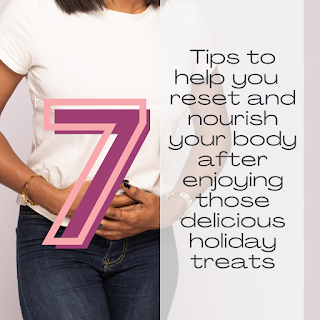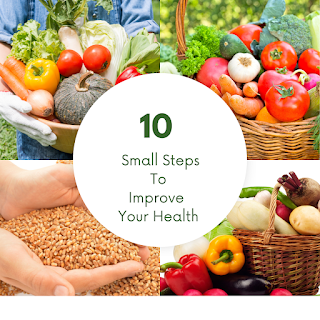From ancient times people have been taking natural herbs, often homegrown and brewed into teas and tonics.
Now they have become more sophisticated and are available in all sorts of pills, capsules, liquids and, of course, teas of every variety.
What are nutritional supplements?
Nutritional supplements are used to add nutrients that fill gaps in our diets that we don’t get from the food we eat. They are available in pills, powders, capsules, liquids and teas. They can be synthetic or from natural sources. They will contain one or more of the following ingredients:
• Vitamins
• Minerals
• Herbs
• Amino acids
• Saccharides
Why do we need nutritional supplements?
Keep in mind, supplements are not intended to replace all our meals but enhance our diets. There are several reasons that we would be taking them:
• Environment: our environment has deteriorated over the years, and we are now getting more toxins from the air, the water and even in the foods we eat, than ever before. Our bodies have to work more to protect and rid ourselves of these unwanted substances. Therefore, it is wise for us to take nutritional supplements to help our bodies to do this.
• Stress: Stress will cause your body to function less efficiently. This will put your body at risk for a number of things, especially low resistance for disease. Supplements, especially Glyconutrients will help your body's immune system get stronger and also help your body function better.
• Poor eating habits: Due to busy lifestyles, our ways of growing food and green harvests we are not getting the important nutrients our bodies need to keep us in good health. We often do not even stop to eat proper meals. This makes it necessary for us to take supplements to enhance our diets and add important nutrients to our diets.
• Athletic activities: when we exercise more than normal, our bodies need more nourishment. A professional athlete or even someone doing extra workouts needs more dense nutrition. Dietary supplements would include proteins, minerals, vitamins and saccharides (glyconutrients).
• Part of a weight loss plan: when you go on a diet to lose weight you will be eating less and running the risk of not getting enough of the essential nutrients in your diet that your body needs. Therefore, you should be taking some nutritional supplements. Some supplements even help you lose weight.
Consider taking nutritional supplements to help you to improve your health and enjoy your life to the fullest.

.png)
.png)
.png)
.png)
.png)

.png)
.png)
.png)


.png)

.png)
.png)










.png)
.png)